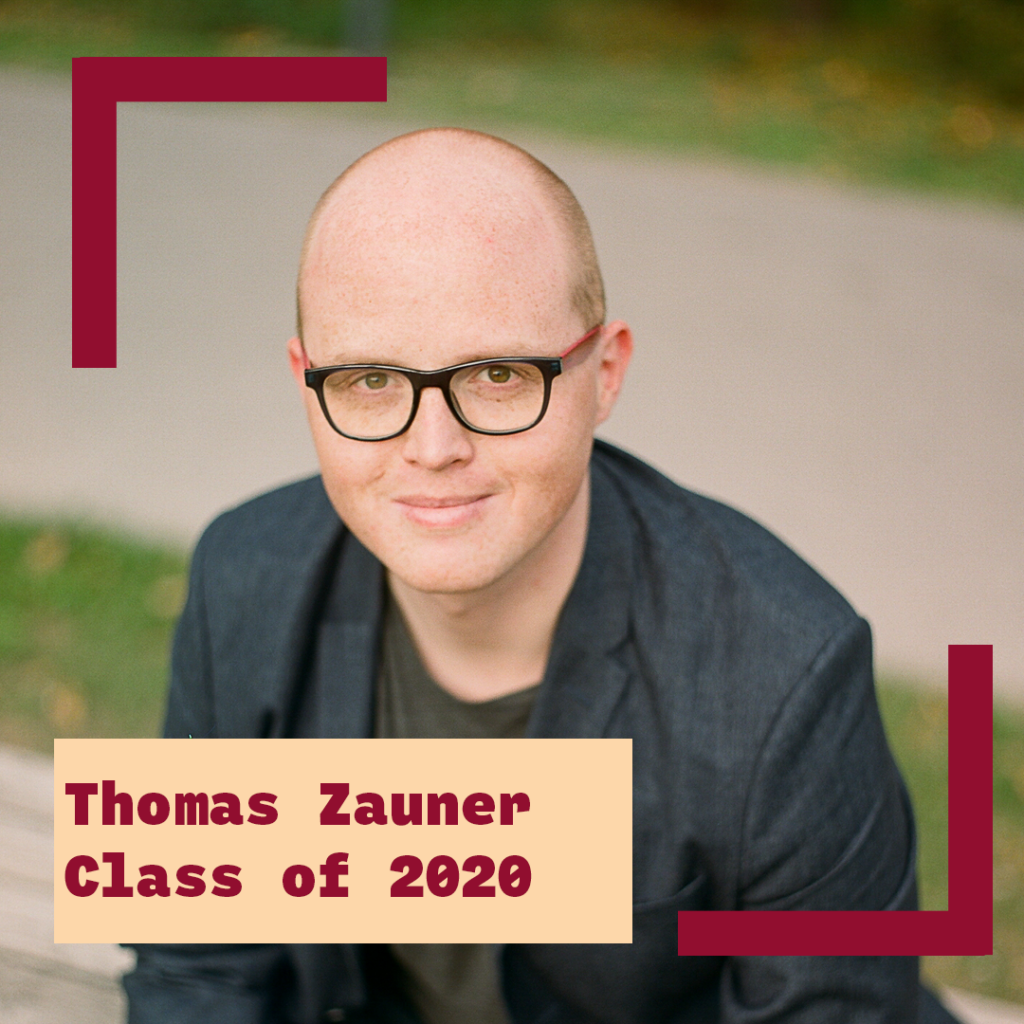Science, He Writes

Thomas Zauner spent much of his youth imagining a future in physics—a dream that guided him from undergraduate studies straight through a Master’s in theoretical quantum mechanics. Yet an unexpected detour during his graduate years sent him down a different path. That eye-opening experience transformed his childhood ambition and led him into the world of science writing.
Zauner’s work today involves translating complex research into clear, engaging language for a broad audience. As a freelance science writer, he has crafted accessible articles on topics ranging from quantum mechanics to medical breakthroughs, working with institutions like the University of Vienna, the Austrian Science Fund (FWF), and the Institute of Science and Technology Austria (ISTA). This approach differs from traditional journalism—something he experienced firsthand as an intern at Der Standard—because science writing often focuses on long-term advances rather than day-to-day news events.
But how does one move from a Master’s thesis entitled “Process Teleportation and Process Swapping” with Časlav Brukner to writing for major research institutions and newspapers? It began in a course from the Department of Science and Technology Studies (STS) during his Master’s program. It introduced him to new perspectives on how scientific knowledge is created, shared, and understood. Fascinated by the social and cultural dimensions of science, Thomas pursued a second Master’s degree in Science and Technology Studies but later decided to drop out to focus more on his work. During his studies, he started working at ISTA organizing events, a role that seamlessly integrated his love for learning with the practical side of public engagement. From there, he got a position as a science writer for the research institute in Klosterneuburg. Even if he lacked experience, his motivation and capacity to learn were key to his new role.
Thomas credits his physics training for many of the skills he uses as a writer today. He knows how to read academic papers, interpret data, and understand the mindset of researchers, giving him a unique vantage point when covering cutting-edge topics. “During my studies, learning new things was my core motivation,” he says. “That same curiosity drives my work now.” In particular, the ability to research new topics beyond his immediate expertise helps him tackle an ever-expanding range of scientific fields.
Over time, Thomas has become a central figure in Vienna’s science communication scene by organizing meetups and sharing experiences. By asking questions, attending events, and seeking guidance from mentors, he honed his craft.
Three Tips from Thomas (Science Writer) for Physics Students
- Network, Network, Network: Attend events, introduce yourself to experts, and be proactive about forging connections.
- Catch a Writing Gig: Practice is essential. Look for early opportunities—whether at a university publication or a local newspaper—to gain real-world experience.
- Diversify Your Topics: Even if your background is in physics, explore other scientific areas. A broader understanding of multiple fields can expand your career options and enrich your writing.
For those coming from a physics background, Thomas believes this foundation can be a distinct advantage. A comfort with mathematics and scientific literature can set you apart in a competitive field. Nevertheless, he stresses the importance of nurturing your writing skills—whether through formal training or a personal blog. In his view, the secret to becoming a science writer lies in bridging two spheres: the passion for learning new things, and the skill of explaining them in a compelling way.